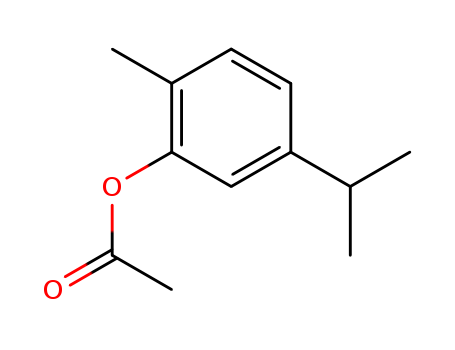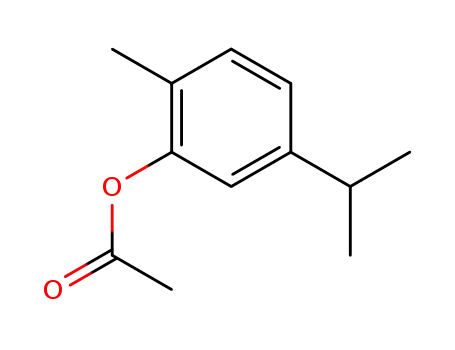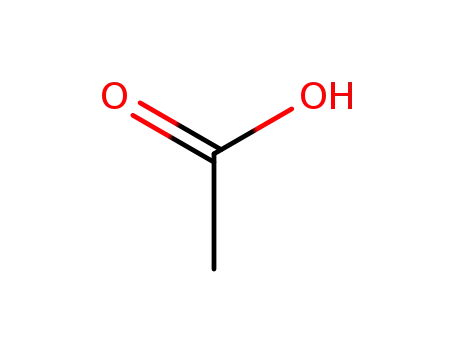Your Location:Home > Products > chemicals for Plastic additives > PVC resin



CasNo: 93050-82-9
MF: H(CH2CHCl)nH
|
General Description |
Polyvinyl chloride (PVC) is a synthetic polymer made from the polymerization of vinyl chloride monomers. It is a versatile and widely used plastic material known for its durability, hardness, and resistance to chemicals, weathering, and abrasion. PVC can be rigid or flexible, depending on the additives and plasticizers used during its manufacturing process. It is commonly used in a wide range of applications, including construction materials (pipes, windows, doors), electrical insulation, medical devices, automotive parts, and packaging. However, PVC has been a subject of environmental and health concerns due to the release of harmful chemicals during its production and disposal, such as dioxins and phthalates. Efforts are being made to develop more sustainable alternatives to PVC and to improve recycling and waste management of PVC products. |
InChI:InChI=1/C2H3Cl/c1-2-3/h2H,1H2
Novel silica-coated ferrite nanoparticle...
Thymoquinone was recently reported as ha...
PROBLEM TO BE SOLVED: To provide a compo...
An operationally simple and general meth...

carvacrol


acetic anhydride


carvacryl acetate
| Conditions | Yield |
|---|---|
|
With
silica-coated ferrite nanoparticles supported with montmorillonite-K10;
at 20 ℃;
for 0.25h;
|
90% |
|
With
sulfuric acid;
In
acetic acid;
at 20 ℃;
for 1h;
Inert atmosphere;
Cooling;
|
78% |
|
With
pyridine;
|
76% |
|
With
pyridine;
for 24h;
Inert atmosphere;
Reflux;
|
76% |
|
|
|
|
With
sulfuric acid;
|
|
|
With
pyridine;
In
dichloromethane;
|
|
|
With
cesium 12-tungstophosphate;
at 20 ℃;
for 0.5h;
Time;
Catalytic behavior;
Green chemistry;
|

carvacrol


thymol


acetyl chloride


carvacryl acetate
| Conditions | Yield |
|---|---|
|
With
triethylamine;
In
acetonitrile;
for 1h;
Cooling;
|

acetic anhydride

carvacrol

acetyl chloride

acetic acid